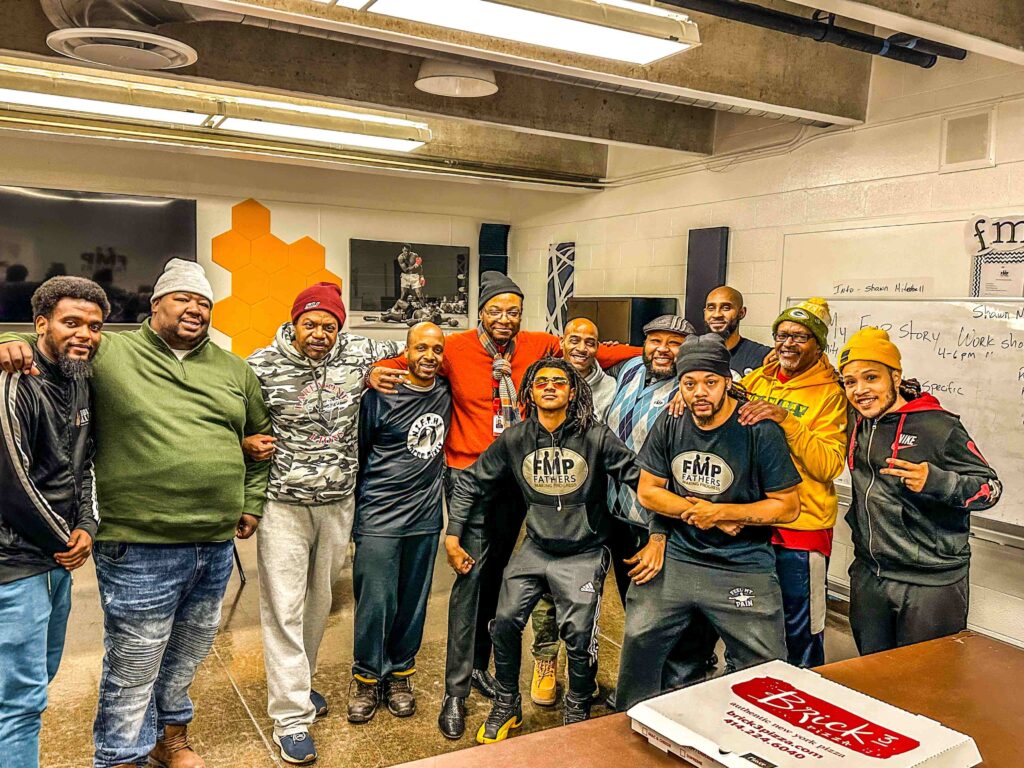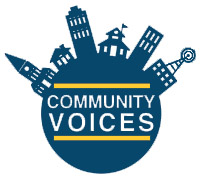
Milwaukee Neighborhood News Service invites community members to submit opinion pieces of 500-800 words on topics of interest to central city Milwaukee. To send a submission for consideration, please email info@milwaukeenns.org. The views expressed are solely those of the authors.
In contemporary discourse around mental health, the experiences of African American men present unique challenges and insights. This demographic often grapples with complex intersections of racial, societal and psychological pressures.
These factors significantly influence their mental health outcomes, particularly in relation to trauma and post-traumatic stress disorder, or PTSD.

Understanding the nuanced ways African American men experience and cope with trauma is essential in developing effective support systems and therapeutic interventions.
Masculine gender roles and PTSD
Traditional masculine gender roles often emphasize stoicism, self-reliance and problem-focused coping strategies. These traits can inhibit the emotional expression necessary for addressing trauma and PTSD symptoms effectively.

Level Up Coordinator. (Photo provided by Andron Q. Lane Sr.)
For many men, admitting vulnerability or seeking help is stigmatized, creating barriers to accessing mental health care. This issue is compounded for African American men, who face additional layers of racial discrimination and societal pressures.
Statistics indicate that African American men are at a higher risk of suicide compared to their fair-skinned counterparts. This alarming trend highlights the critical need for targeted mental health support that acknowledges and addresses the unique challenges faced by this population.
However, the existing evidence on how best to support African American men is often limited and inconsistent, underscoring the urgency of further research and tailored interventions.
One significant aspect often overlooked in traditional approaches to trauma treatment is the role of social support and community.
Building relationships and fostering a sense of belonging can be crucial for emotional healing. However, many African American men may not have been taught or encouraged to develop these supportive relationships, resulting in a lack of available support systems during times of crisis.
Trauma can disrupt the sympathetic nervous response, making it difficult for individuals to process and cope with stress effectively. In many cases, the trauma experienced by African American men is compounded by societal factors, such as systemic racism and economic disparities.
This complex interplay can lead to co-occurring disorders, where the presence of one disorder, such as depression, can mask or interfere with the diagnosis and treatment of another, such as PTSD.
Desensitization and processing trauma
Recent systematic experiences and therapeutic advancements emphasize the importance of desensitization and reprocessing trauma.
These approaches focus on reducing the emotional intensity associated with traumatic memories and helping individuals develop healthier coping mechanisms.
However, for African American men, these treatments must be culturally sensitive and adapted to address their specific needs and experiences.
The journey to self-love and acceptance
Amidst the challenges and complexities of navigating trauma and mental health, the journey toward self-love and acceptance stands as a powerful testament to resilience and growth.
For the first time in my life, I have come to understand and appreciate the value of being in a relationship with myself.
This newfound self-love is transformative, shifting my perspective from one of self-criticism and shame to one of self-compassion and admiration.
Waking up each day and looking in the mirror no longer fills me with a sense of inadequacy. Instead, I celebrate my efforts to embrace change, to pursue personal growth, and to acknowledge my capacity for love.
This shift in mindset underscores the importance of nurturing a positive relationship with oneself, recognizing that self-love is foundational to overall well-being.
Multifaceted approach
In conclusion, addressing the mental health needs of African American men requires a multifaceted approach that recognizes the unique challenges they face.
By fostering supportive relationships, developing culturally sensitive therapeutic interventions and promoting self-love and acceptance, we can create a more inclusive and effective mental health care system.
Understanding and supporting the emotional health of African American men not only benefits individuals but also strengthens communities and promotes overall societal well-being.
Andron Q. Lane Sr. is the Milwaukee Turners Level Up Coordinator, bringing powerful, diverse energy and a unique skill set dedicated to healing Black, Brown and Indigenous communities. With certifications as a Certified Peer Support Specialist (Wisconsin Community Service) and a Restorative Justice Circle Facilitator (Project Return), Andron is also pursuing a degree in social science with a minor in cultural diversity at Marquette University.


